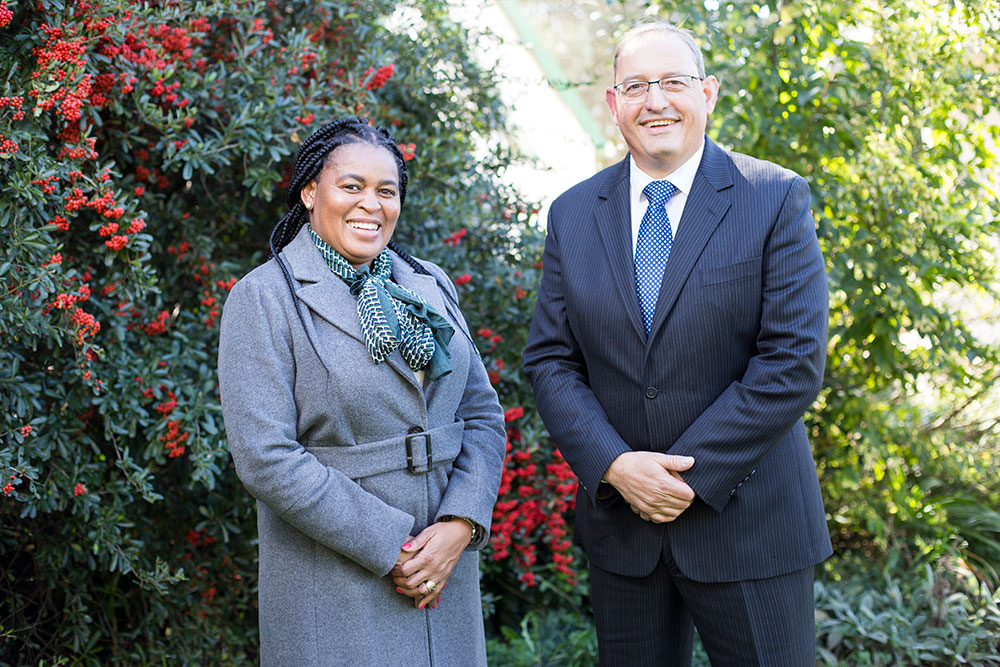

Forest Sector Charter Council
Committed to encouraging, supporting, reporting, monitoring and facilitating transformation.

Forest Sector Charter Council
Promoting economic opportunities for historically disadvantaged groups.

Forest Sector Charter Council
Dedicated to the transformation and sustainable growth of the South African forestry sector
Forest Sector Charter Council
Facilitating the drivers of transformation: equity and control, diversity and inclusion in executive and management structures, knowledge and transfer skills, enterprise development, diversity in the supply chain, and socio-economic development.
Latest News
Keep up to date with the latest developments, success stories, and insights from the Forest Sector Charter Council. Our blog covers important updates on sector transformation, industry news, and initiatives that are shaping the future of South Africa’s forest sector.


She Is Forestry SA – Women in Forestry Webinar

Forest Sector making progress in meeting transformation targets
Vacancies at FSCC
Upload your BEE Certificate & Scorecard or BEE Affidavit
This is the official repository for the uploading of Measured Entities’ BEE Status documentation as prescribed by the Sector Code. Verification Agencies are required to upload both the Certificate and Scorecard of a Measured Entity in order to comply with the Codes and EME’s and Black Owned QSE’s must upload their B-BBEE Affidavit. To generate a BEE Affidavit see the link below called 'Generate BEE Affidavit'
Assess
If you are not sure whether you qualify to merely provide a BEE Affidavit instead of doing a full BEE verification, take 1 minute and use our FREE assessment tool.
Generate BEE Affidavit
Assess
If you are not sure whether you qualify to merely provide a BEE Affidavit instead of doing a full BEE verification, take 1 minute and use our FREE assessment tool.
Generate BEE Affidavit

Supplier Search
Get in touch
For more information about the Forest Sector Charter Council and our initiatives, please get in touch with us:
Email: info@forestsectorcharter.co.za
Phone: +27 (0)11 392 1394
The Forest Sector Charter Council
Unit 4, Woodview Office Park,
1 Humber Road,
Woodmead, Sandton



